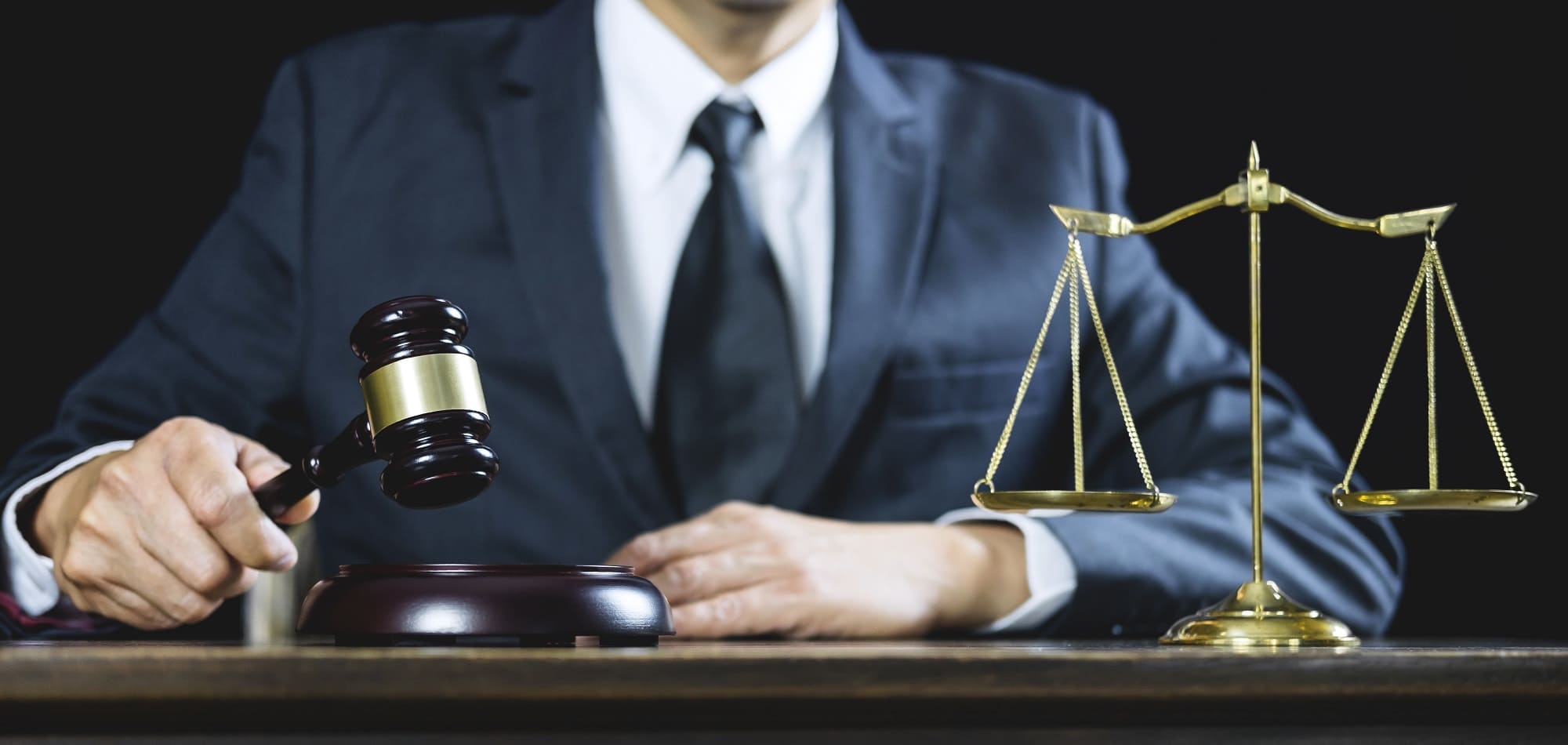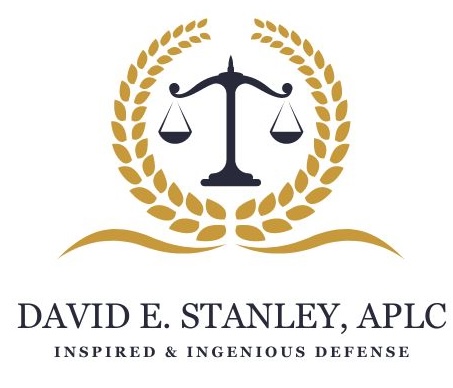Addiction is a curable disease; however, most addicts find it difficult to seek proper treatment. Treatment of drug-addicted offenders offers a unique opportunity to lessen substance misuse and criminal behavior.
Those accused of certain drug offenses who agree that their addiction contributed to their illegal activities may be eligible for drug court procedures rather than regular criminal proceedings. Drug court can be a harm-reduction option for people already facing charges.
If you are facing drug charges, it is essential to seek legal counsel right away. Attorney David E. Stanley has years of experience defending clients in drug court and can help you get the best possible outcome for your case. Contact us today for a free consultation!
Need A Criminal Defense Attorney?
Call David E. Stanley, APLC, At 225-926-0200 Now!
Table of Contents
ToggleHow Can Going Through The Drug Courts Protect Drug Addicts
What Are Drug Courts?
The drug court is a type of specialized treatment court. In addition, there are drug courts for adults and children and family therapy courts. These one-of-a-kind courts aim to assist persons accused of crimes in obtaining therapy and support.
Rather than simply penalizing those charged with a crime, drug courts attempt to assist them in avoiding future criminal conduct by addressing their addiction. As a result, a defendant in drug court will usually have to work closely with a judge and other court specialists to overcome their addiction.
How Do Drug Courts Operate?
You can escape a traditional criminal trial if you qualify for procedures in the adult drug treatment courts. Here is how drug courts work:
● Drug courts assist individuals in recovering from substance abuse disorders to reduce criminal involvement in the future.
● As an alternative to incarceration, drug courts minimize the load and costs of processing low-level, nonviolent offenders through the courts, jails, and prisons while allowing offenders to obtain treatment and education.
● Participants in drug court must refrain from substance use, accept responsibility for their actions, and fulfill the legal obligations associated with the charges they have committed.
How Drug Courts Protect Persons Who Are Addicted to Drugs?

1. Access To Treatment
Drug education and treatment are the most prevalent services for convicts with drug abuse or addiction issues. These innervations include; therapeutic alternatives to incarceration, treatment combined with judicial oversight in drug courts, prison and jail-based treatments, and reentry programs designed to help offenders move from detention back into the community. Treatment before, during, and after jail has dramatically reduced drug use and drug-related crime.
2. Monitoring And Supervision
Despite their highly structured and restricted surroundings, illicit drugs are utilized in jails and prisons. Enforced abstinence can induce criminal justice professionals and addicts to underestimate their risk of relapsing after jail.
Addicts will face hurdles to their sobriety upon release from prison or jail due to many stressors that raise their likelihood of relapsing to drug use. By monitoring the recovering person for at least a year, the drug court helps offenders deal with concerns such as the stigma of being called an ex-offender, the necessity for housing and a respectable job, and the stresses of reunifying with family.
Frequently Asked Questions:
Will Drug Court Hear My Drug Possession Case?
Whether or not you will go to a drug court is determined by your charges and the circumstances surrounding those charges. Because drug courts are not in every jurisdiction, not all cases that qualify will be heard in one. You can find out if drug courts are accessible in your area by speaking with a local attorney. Drug courts only consider cases involving nonviolent criminal offenses involving drugs or alcohol. Your case will most likely be in criminal court if any component of the charges against you requires violence.
What Is The Difference Between Drug Courts and Other Courts?
Drug courts mix criminal justice and medical treatment concepts to deal with drug offenses. They understand that incarceration, especially for first-time and low-level offenders, may not be the most effective option for breaking the cycle of drug addiction and crime. Instead, drug courts promote cooperation between the prosecution, the prisoner, and the court, prioritizing rehabilitation above imprisonment. Drug court programs can result in reduced penalties or perhaps the dismissal of charges entirely.
What Is The Duration Of the Drug Court?
Adult Drug Court has a two-year minimum sentence. One year is the minimum sentence for Juvenile Drug Court. However, the period may extend based on a person’s progress.
The Best Criminal Defense Lawyer

Addiction is a severe disease. It has a chemistry foundation, but it also contains psychological and sociological components. Drug courts are effective procedures for the legal system to help people who are addicted to drugs or alcohol.
If someone you know has a drug addiction, speak with an experienced criminal defense attorney to find out if drug court is the best option for you. David E. Stanley has years of experience navigating the drug courts and will work hard to get you the best possible result in your drug addiction case. So don’t be afraid to contact us right away!
Call David E. Stanley, Criminal Defense Attorney
at 225-926-0200 Now!
David E. Stanley, APLC
1055 Laurel Street Suite 2
Baton Rouge, LA 70802
225-926-0200

David Stanley is the founder and principal of David E. Stanley APLC. Since 1983, Mr. Stanley has successfully practiced law from his office in Baton Rouge, Louisiana.

